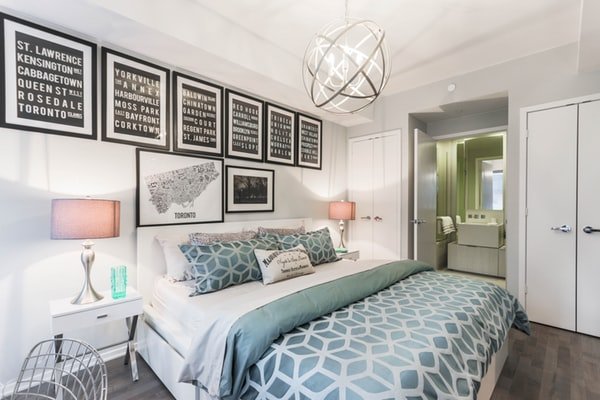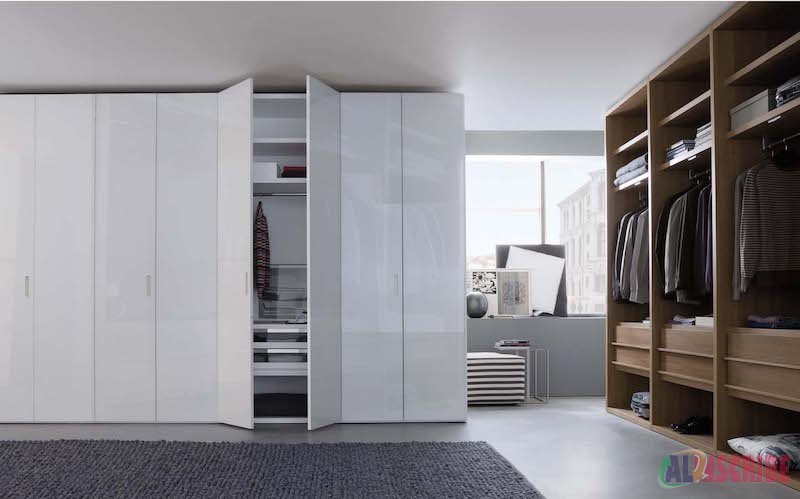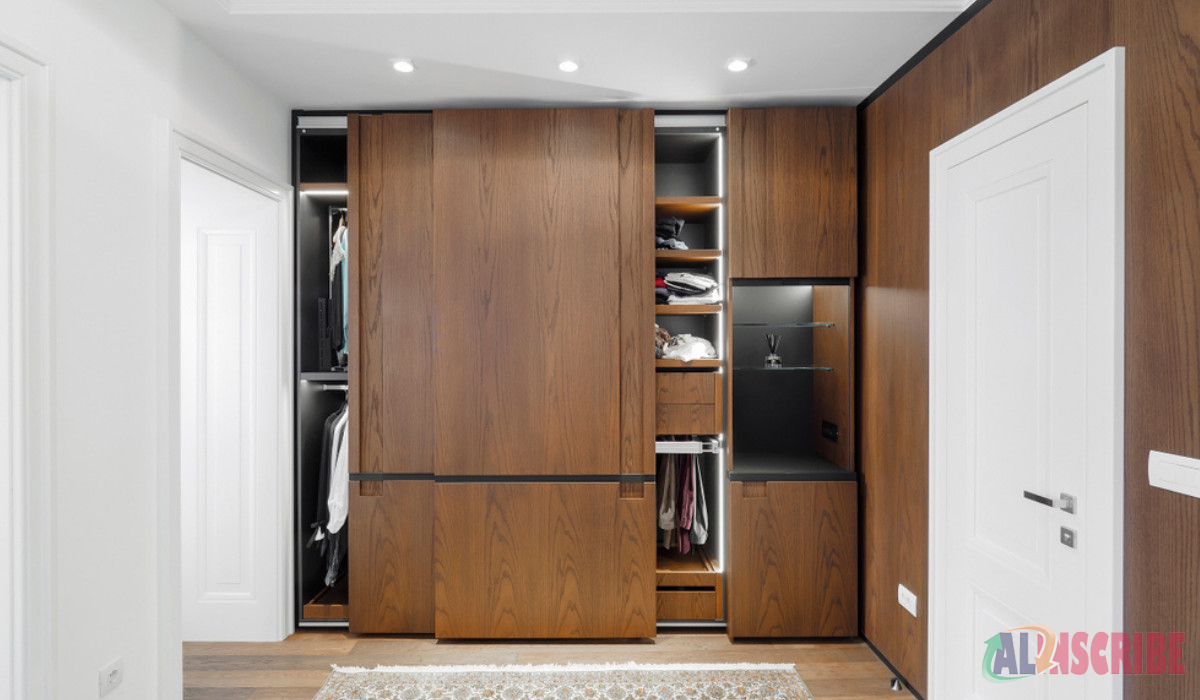The Importance Of Choosing The Right Wardrobe Doors
Author: SarahAddyson
Published in: Home Improvement

There are a lot of things to consider when choosing to buy a built in wardrobe. The color, the number of shelves, the number of compartments, everything regarding your future wardrobe can, and should be customized in order to reflect your tastes and to maximize the functionality of the piece. Wardrobe doors are maybe the biggest decision one has to make regarding a wardrobe. They have to be the right mix of style and function. One “rivalry” regarding these that will go down in history has been between sliding wardrobe doors versus hinged doors.
Why Are Wardrobe Doors Sydney Important?
The doors of any wardrobe are the main attraction for anybody that looks at it. They have to be functional but without sacrificing design. This means that wardrobe doors have to do a lot of other things than just open and close in order to protect clothes from moths and other things. Although the concept hasn’t evolved very much over the course of history, doors nowadays are expected to do a lot more things than just plug holes. They have to be not just practical but useful.
One of the solutions that people came up with for giving the humble door a more important role was to have a metal or wooden rod mounted on the inside of it in order to hang things from it. It may seem like saying something simple in more words than necessary, but this rod helped increase storage space without sacrificing anymore of the space outside the wardrobe. This way people had a place to hand their smaller items, such as ties and belts, without getting them mixed up with the more bulky items.

Another step forward in the history of wardrobe doors was to be the adding of a mirror on the outside of the door. If before this the door was simply a door, now it had become involved in the daily ritual of getting dressed and undressed. The advantage of having a mirror right next to where your clothes are is pretty much self-evident. The downside of the mirror was the added weight to the doors. Before coming up with lighter material that could mimic a reflective surface, doors would have to bare the weight of what they had on both sides.
Sliding Wardrobe Doors vs. Hinged Doors
Depending on who you ask, you might get surprising answer as to which type of door is better. Although both parts have strong arguments, no decisive winner has emerged after all these years. Regardless of which side of the debate you come off on, the beauty of wardrobe doors, either sliding wardrobe doors or hinged is that they serve multiple functions and that they are great each in its way.
Hinged doors have more classical look to them. Being the first option when wardrobes appeared, they might seem the natural option today as well. Hinged doors have the undeniable advantage of offering the possibility of opening the entire front of the wardrobe at once, exposing all the compartments. This means that whatever is inside is easier to access. Also, hinged doors offer the possibility of hanging rods on the inside in order to increase storage space.

Sliding wardrobe doors on the other hand have been designed having space saving at the root of the concept. The fact that the doors do not open towards the room, but slide above or under the other, means that you can access parts of the wardrobe without taking up more space. This is great if you’re looking to de-clutter a small flat or want to redesign your dressing, but don’t have that much space to spare. Also, sliding doors make for a very classy design option in almost any room. The biggest downside to sliding doors is that, because they slide one in front of another, you can only access one part of the wardrobe at a time. This might not be very useful for people accustomed to seeing the full picture. Another thing that’s lost with sliding doors is the ability of having rods on the inside of them.
Either you’re a hinged door man or a sliding door guy, the good news is that you have options. You can literally choose from an almost infinite number of combinations of materials, finishes, designs and colors for your wardrobe doors. Take your time and make sure you choose the right doors you’ll want to open every day of your life.
Article Comments
Similar Articles
Articles Search
Sponsor
There are zero sub-categories in this parent category.
There are zero sub-categories in this parent category.
There are zero sub-categories in this parent category.
















